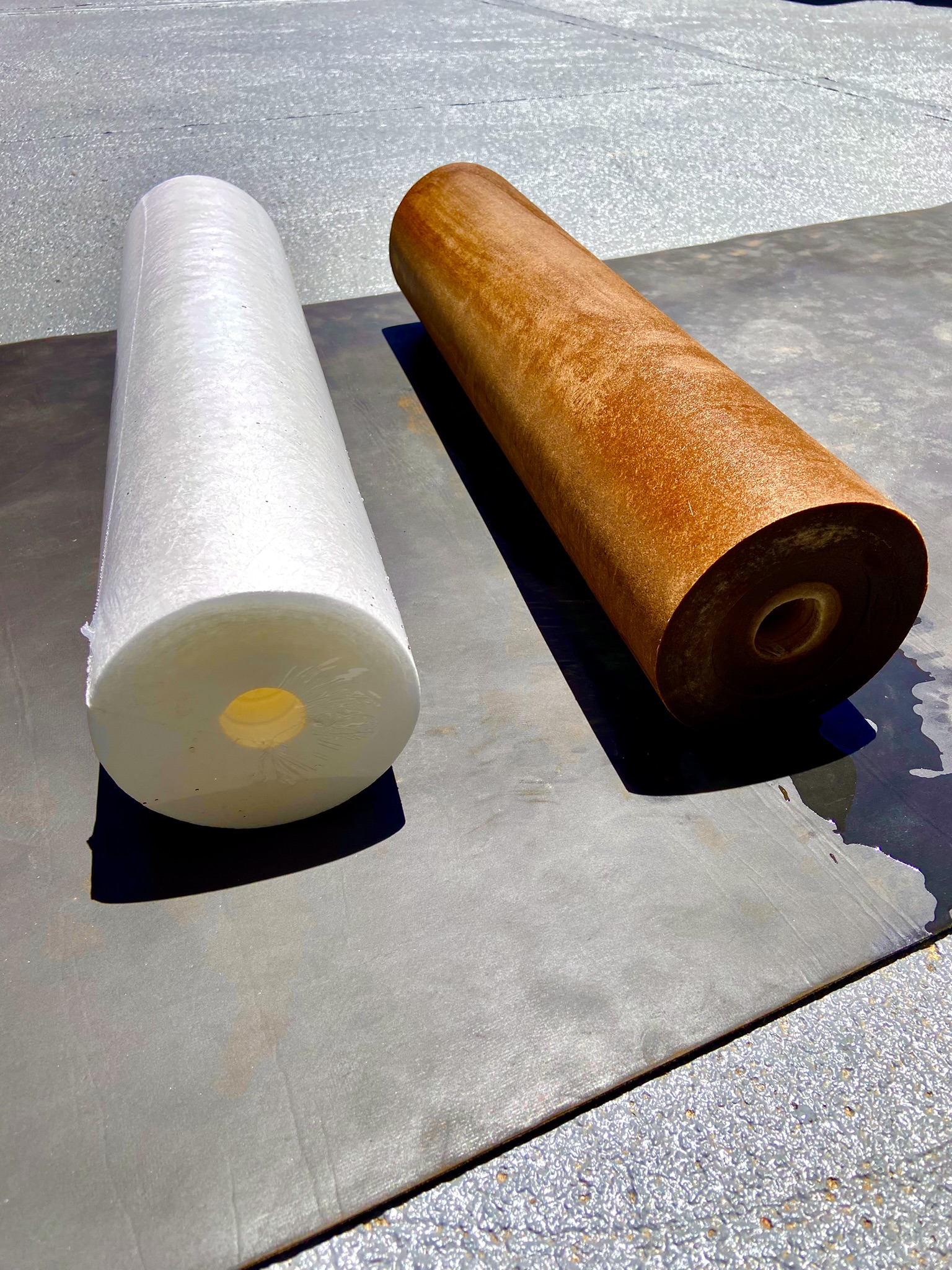Water is integral to every aspect of our lives, so ensuring the water we use in our households is clean, safe, and free of unwanted impurities is crucial. The type and quality of filtration systems implemented in homes can make all the difference in providing the best possible water for drinking, cooking, and more. Carbon filters effectively address water quality issues among the various filtration components, making them an indispensable element in most water filtration configurations.
Home Filtration Systems Pty. Ltd. believes in empowering homeowners with the knowledge they need to make informed decisions about their water filtration needs. In this article, we aim to offer valuable insights into the role of carbon filters in water filtration, allowing you to understand their significance in both complete home systems and under-sink systems. We will delve into the mechanics of carbon filters, their benefits, and their compatibility with other filtration technologies to ensure you have the information to guide you in choosing home water filtration solutions.

Understanding Carbon Filters and Their Mechanism
Carbon filters, or activated carbon filters, are vital in many water filtration systems. They use a porous form of carbon, typically derived from coconut shells, wood, or coal, which has been treated to enhance its adsorptive properties. This porous structure creates a vast surface area, allowing carbon filters to capture impurities present in water effectively. Here’s how they work:
1. Adsorption: As water flows through the carbon filter, contaminants are attracted to and trapped by the microscopic pores in the activated carbon. The filter can effectively remove both organic and inorganic impurities from the water.
2. Filtration: The activated carbon’s physical structure also helps filter out sediment and larger particles from the water, enhancing its clarity.
Key Benefits of Carbon Filters in Water Filtration Systems
Carbon filters offer several advantages in water filtration, making them essential components in most full home systems and under-sink systems:
1. Removal of chlorine and chloramines: Carbon filters are highly effective in removing chlorine and chloramines, disinfectants commonly used by water suppliers, which can introduce unpleasant odours and tastes in water.
2. Reduction of volatile organic compounds (VOCs): Activated carbon filters can adsorb various harmful chemicals, such as pesticides, herbicides, and solvents, thus protecting you and your family from potential health risks.
3. Improved taste and odour: By removing unwanted chemicals and contaminants, carbon filters enhance the water supply’s overall flavour and odour, providing a more enjoyable drinking experience.
4. Low maintenance: Carbon filters have a relatively long lifespan and require minimal maintenance, making them an economical solution for improving water quality in your home.
Combining Carbon Filters with Other Filtration Technologies
Carbon filters can operate with other filtration technologies to enhance water purification results. Here are some popular combinations:
1. Sediment filters: Often used as a prefilter stage in water filtration systems, sediment filters remove larger particles such as rust, dirt, and sand, enabling the carbon filter to function more efficiently by decreasing sediment-related clogging.
2. Reverse osmosis (RO) systems: Carbon filters are essential components in RO systems, removing contaminants that might damage the RO membrane or reduce its effectiveness.
3. Ultraviolet (UV) disinfection systems: UV systems target and deactivate microbes, such as bacteria and viruses, in the water supply. Combining carbon filters with UV systems ensures water is free from chemical contaminants and microbiologically safe for consumption.
Choosing the Right Carbon Filter for Your Home
Various types of carbon filters are available on the market, each with strengths. Consider these factors when selecting the appropriate carbon filter for your home:
1. Granular activated carbon (GAC) vs. carbon block filters: GAC filters contain loose granules of activated carbon, whereas carbon block filters are compressed activated carbon. Carbon block filters generally offer a higher level of contaminant removal due to their more extensive contact with the water.
2. Micron rating: The micron rating of a filter indicates its ability to remove particles of a specific size. In general, a lower micron rating corresponds to more effective filtration.
3. Filter lifespan: Check the manufacturer’s guidelines for the filter replacement schedule, as some carbon filters may need to be replaced more frequently than others.
Enhance Your Home’s Water Quality with Carbon Filters
By understanding the vital role carbon filters play in water filtration systems, you will be better equipped to choose the ideal solution tailored to your unique needs. Carbon filters are indispensable components in whole home systems and under-sink systems with their remarkable ability to remove contaminants, improve the taste and odour of water, and work harmoniously with other filtration technologies.
Trust Home Filtration Systems Pty. Ltd. to be your reliable partner in helping you navigate the complexities of home water filtration systems and make informed decisions about improving your home’s water quality. Our team of experts is dedicated to assisting you in understanding carbon filters’ essential role in providing clean, safe, and great-tasting water for your family’s everyday needs.
If you’re ready to find the perfect water filtration system featuring efficient and effective carbon filters, contact Home Filtration Systems Pty. Ltd. today. Our experienced and knowledgeable team is eager to help you create a healthier water experience for your entire household.






